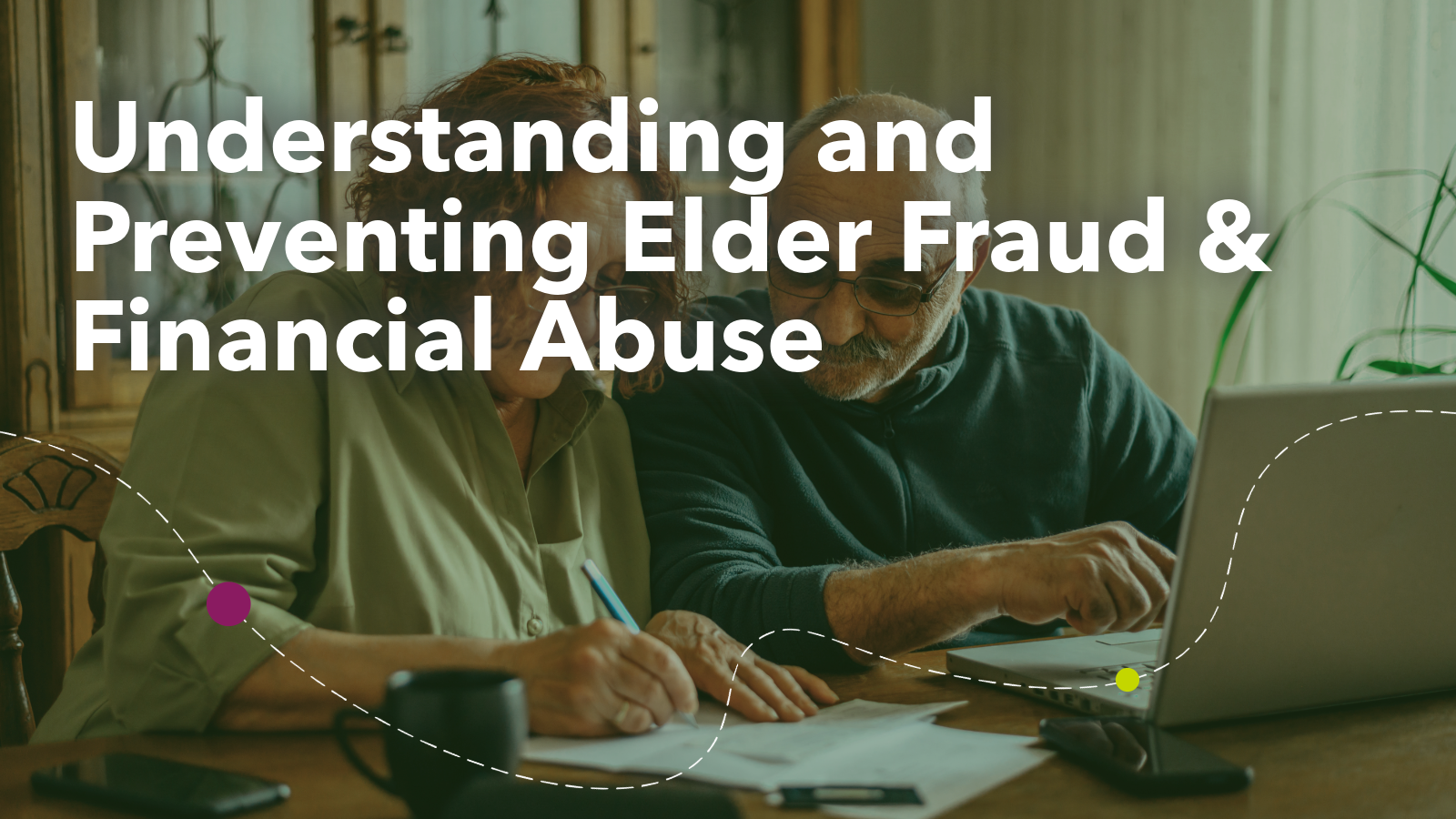As our loved one’s age, they become increasingly vulnerable to a variety of scams and financial abuse that specifically target older adults. According to the Federal Bureau of Investigation (FBI) Internet Crime Complaint Center (IC3), scams reported by those over the age of 60 topped $3.4 billion in 2023, marking an almost 11% increase in reported losses from 2022.
Older adults are particularly prone to financial fraud for various reasons because they tend to be trusting and polite. They usually have financial savings, own a home, and have good credit – all of which make them attractive to scammers. It’s essential to be aware of these scams and take proactive steps to protect our older members.
Common Scams Against Older Adults
Government Impersonation Scam: Scammers pretend to be representatives from government agencies like the IRS, Social Security Administration, or Medicare. They create a sense of urgency by threatening arrest or prosecution if the person does not pay an alleged unpaid tax immediately. Alternatively, they may threaten to cut off Medicare or Social Security benefits unless the person provides personal information which can then be used to commit identity theft.
Tech Support Scam: Criminals pose as technology support representatives and offer to fix non-existent computer issues. They request remote access to the person’s devices and sensitive information or demand they pay a fee to have it repaired, leading to significant financial losses. In 2023, nearly 18,000 people aged 60 and over reported tech-related scams.
Investment Scam: The most costly type of scam targeting elders in 2023 involved fraudsters offering low-risk investments with guaranteed returns. They pressure individuals to act quickly then disappear after receiving the money. Investment scams often include advanced fee frauds, Ponzi schemes, pyramid schemes, market manipulation fraud, real estate investing, and trust-based investing such as cryptocurrency investment scams.
Romance Scams: Fraudsters create elaborate fake online profiles on dating sites and social media to exploit older adults’ loneliness to get money. Once the scammer gains their trust, they ask for money for various reasons such as medical emergencies or travel expenses.
Warning Signs of Financial Abuse Against Older Adults
Financial abuse against older persons can often be detected by reviewing financial information or having one-on-one conversations with the older adult. Understanding your member’s financial situation can help you spot potential issues. Here are key warning signs to watch for:
Sudden or Unexplained Changes to Financial Situation
– Significant decrease in account balances
– Unpaid bills despite available funds
– Disappearance of assets
Unusual Account Activity
– Unauthorized withdrawals
– Strange or uncharacteristic transactions
– Unfamiliar signatures on financial documents
Isolation and Restricted Access
– Member isolated from friends, family, or trusted advisers
– Sudden restrictions on managing their own finances
Fear or Emotional Distress
– Signs of fear, anxiety, or depression when financial matters are discussed
Lack of Financial Knowledge
– Sudden confusion or lack of understanding about finances
Involvement of Unqualified Individuals
– Unqualified individuals showing undue interest in the member’s finance
Granting Financial Access to Others
– Adding a joint owner to financial accounts, potentially a relative or caretaker
Changes to Beneficiaries
– Sudden or unexplained changes to account beneficiaries
Sudden Enrollment in Online Banking
– Activation of online banking without the older person’s consent
By staying vigilant and proactive, we can help safe-guard our elder’s financial well-being. If you spot any of these warning signs, take the opportunity to investigate and provide support or help report the fraudster in question. If you have any questions, feel free to reach out to Kitsap Credit Union. Together, we can ensure financial security and peace of mind for the elders in our community.






